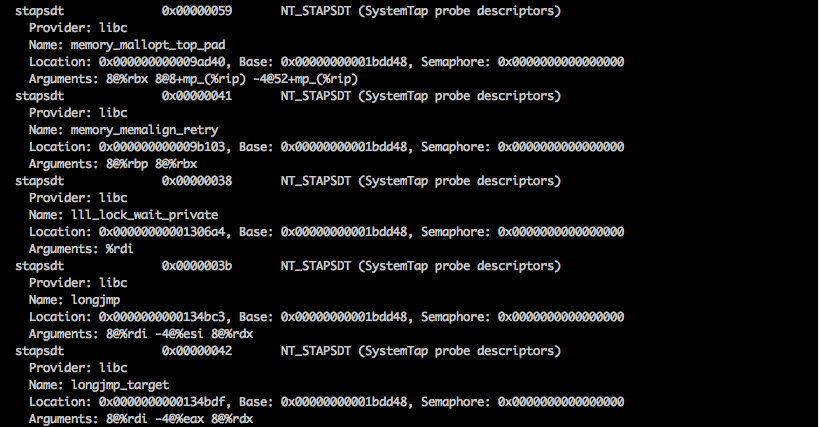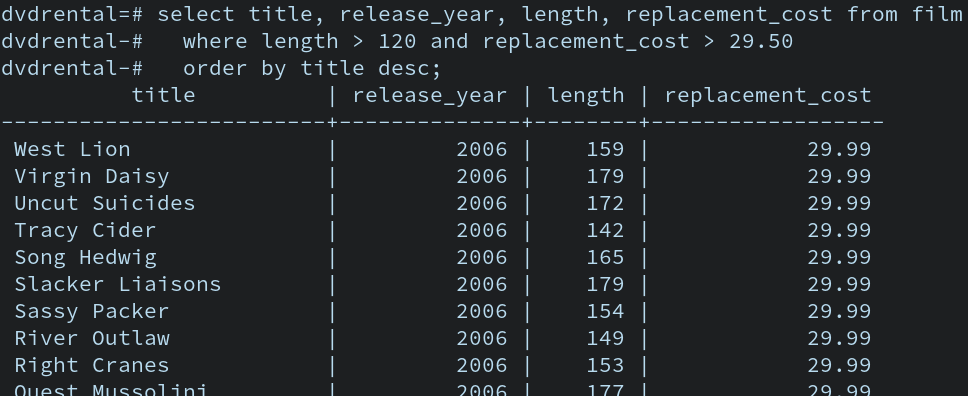Linux has two well-known tracing tools:
-
strace allows you to see what system calls are being made.
-
ltrace allows you to see what dynamic library calls are being made.
Though useful, these tools are limited. What if you want to trace what happens inside a system call or library call? What if you want to do more than just logging calls, e.g. you want to compile statistics on certain behavior? What if you want to trace multiple processes and correlate data from multiple sources?
In 2019, there’s finally a decent answer to that on Linux: bpftrace, based on eBPF technology. Bpftrace allows you to write small programs that execute whenever an event occurs.
This article shows you how to setup bpftrace and teaches you its basic usage. I’ll also give an overview of how the tracing ecosystem looks like (e.g. “what’s eBPF?”) and how it came to be what it is today.









